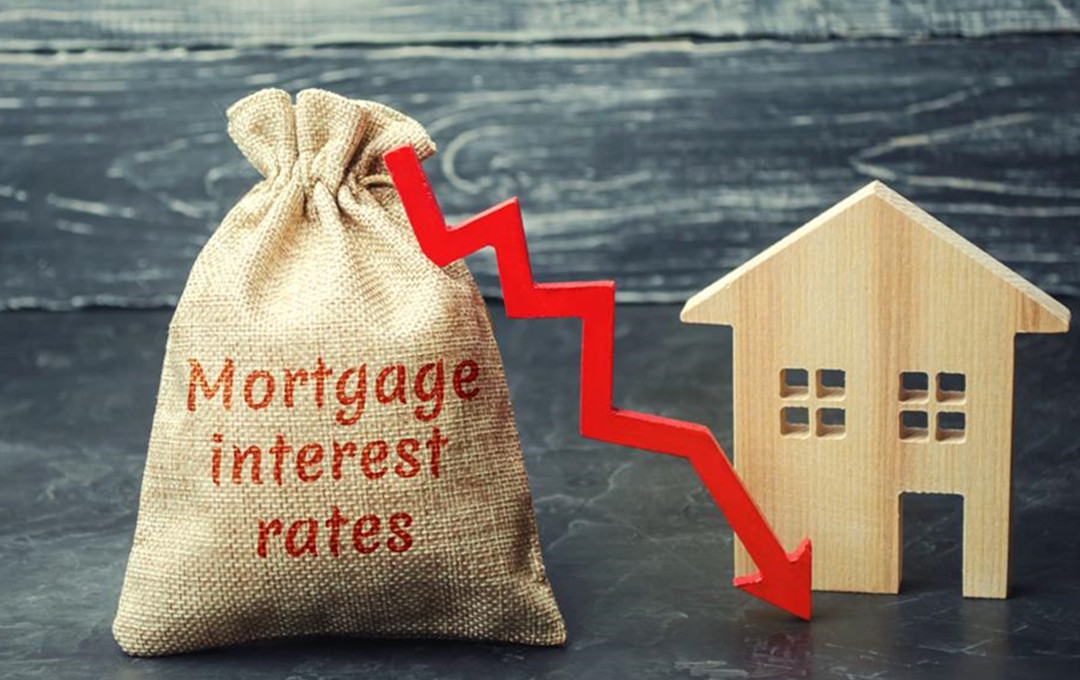The mortgage interest rates are the most critical determinants mortgage lenders use to assess your mortgage eligibility. The mortgage interest rate is not always fixed, but the variation in mortgage interest rates is less than it used to be.
High mortgage interest rates can impact your monthly mortgage payment and how quickly you will pay off your mortgage loan. Homebuyers need to consider this cost when they purchase a new home because the total amount of money borrowed over time makes up part of their monthly budget that cannot be ignored.
The biggest factor on the mortgage interest rate on new mortgages is usually prevailing market conditions, like Investor confidence in local real estate markets combined with general economic factors like unemployment rates and inflation. Other factors include the credit scores of all applicants on the mortgage, the loan-to-value ratio (LTV) on the mortgage, and mortgage type.
The mortgage interest rates that lenders offer can be affected by other products they are selling, such as home equity loans or lines of credit. So a borrower may be able to get a lower mortgage rate if they also purchase some other product, like credit life insurance.
 Keep in mind:
– mortgage interest rates vary with market conditions
– mortgage interest rates are usually based on the borrowers’ credit scores
– mortgage interest rates can be lowered if you purchase another product from your lender.
Mortgage interest rates are usually based on the borrower’s credit score, which is a measure of how likely you are to repay your debt. Borrowers with high credit scores will likely get lower mortgage interest rates than borrowers with low credit scores.
If you pay more upfront or agree to pay a high mortgage interest rate over time, your mortgage interest rate is likely to be lower than if you make a smaller down payment and a shorter repayment term.
Keep in mind:
– mortgage interest rates vary with market conditions
– mortgage interest rates are usually based on the borrowers’ credit scores
– mortgage interest rates can be lowered if you purchase another product from your lender.
Mortgage interest rates are usually based on the borrower’s credit score, which is a measure of how likely you are to repay your debt. Borrowers with high credit scores will likely get lower mortgage interest rates than borrowers with low credit scores.
If you pay more upfront or agree to pay a high mortgage interest rate over time, your mortgage interest rate is likely to be lower than if you make a smaller down payment and a shorter repayment term.
 Keep in mind:
– mortgage interest rates vary with market conditions
– mortgage interest rates are usually based on the borrowers’ credit scores
– mortgage interest rates can be lowered if you purchase another product from your lender.
Mortgage interest rates are usually based on the borrower’s credit score, which is a measure of how likely you are to repay your debt. Borrowers with high credit scores will likely get lower mortgage interest rates than borrowers with low credit scores.
If you pay more upfront or agree to pay a high mortgage interest rate over time, your mortgage interest rate is likely to be lower than if you make a smaller down payment and a shorter repayment term.
Keep in mind:
– mortgage interest rates vary with market conditions
– mortgage interest rates are usually based on the borrowers’ credit scores
– mortgage interest rates can be lowered if you purchase another product from your lender.
Mortgage interest rates are usually based on the borrower’s credit score, which is a measure of how likely you are to repay your debt. Borrowers with high credit scores will likely get lower mortgage interest rates than borrowers with low credit scores.
If you pay more upfront or agree to pay a high mortgage interest rate over time, your mortgage interest rate is likely to be lower than if you make a smaller down payment and a shorter repayment term. Hi~Living Deals from "Brook + Wilde"

